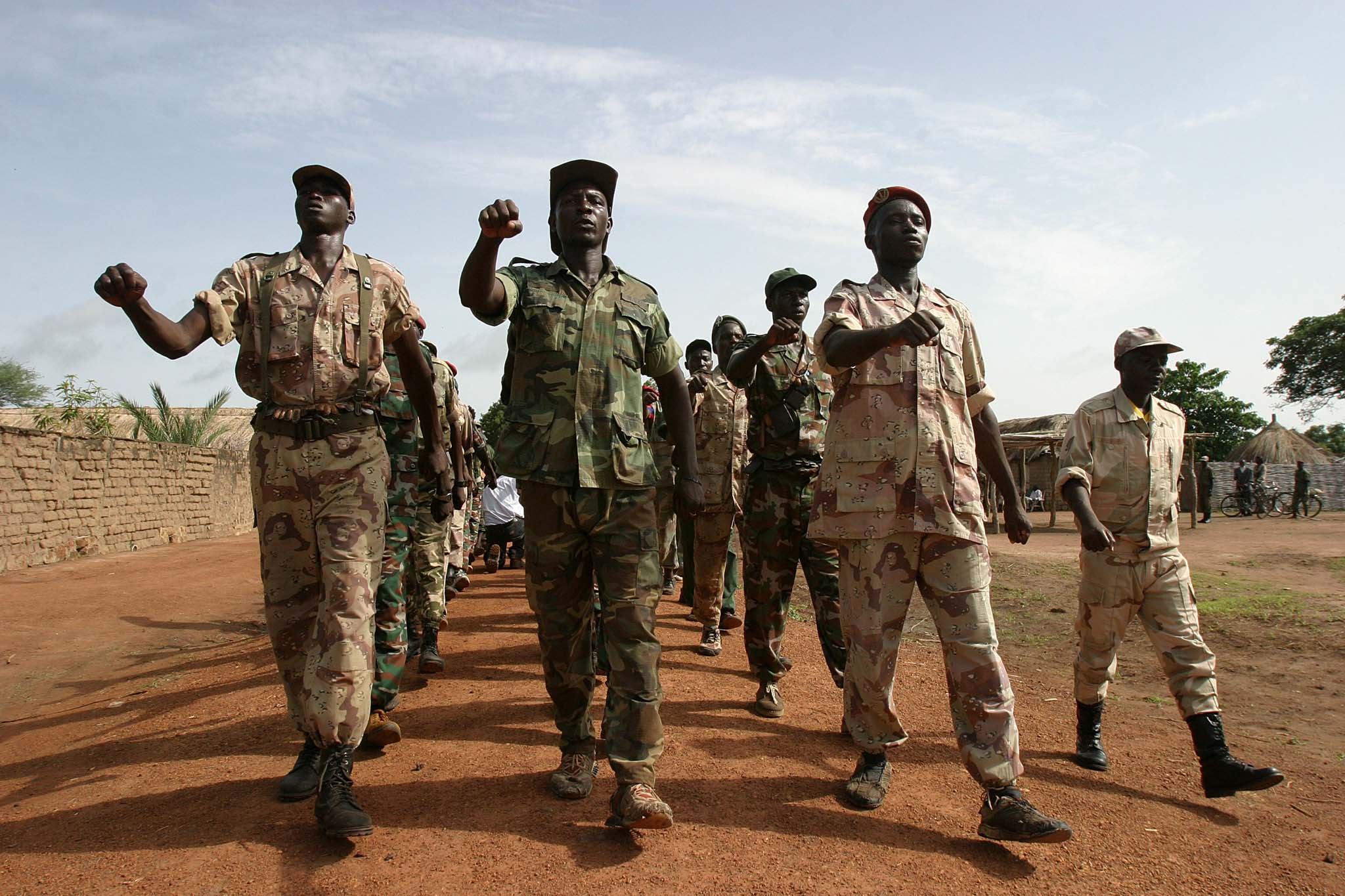Central African Republic inches towards peace; deal with armed groups confirmed

- Country:
- Central African Republic
The government of Central African Republic said Saturday it had struck a peace deal with armed groups in Khartoum in a bid to end years of fighting that has killed thousands. "A peace agreement has been reached..." the government of President Faustin-Archange Touadera announced on Twitter just a day after African Union-sponsored talks between the two sides were suspended amid concerns over amnesty.
"This agreement should be initialled tomorrow (Sunday) and its signature will take place in Bangui in a few days," said the Tweet. On his own Twitter account, African Union Commissioner for Peace and Security Smail Chergui confirmed an accord had been reached between the government and 14 armed groups, even if certain details still have to be ironed out.
"I am humbled to announce that with the exemplary cooperation I received from both the Government of the CAR and the 14 armed groups, we have secured a peace agreement today in the interest of the people of CAR." One of the world's poorest nations, Central African Republic has struggled to recover from a 2013 civil war that erupted when President Francois Bozize, a Christian, was overthrown by mainly Muslim Seleka rebels. In response, Christians, who account for about 80 per cent of the population, organised vigilante units dubbed "anti-Balaka" in reference to the balaka machetes used by Seleka rebels.
Thousands of people have died in the violence, 700,000 have been internally displaced, and another 570,000 have fled abroad. "We are happy a consensus has been reached on sticking points which were an amnesty (for militia fighters) and an inclusive government," said Aboubakar Sidik, spokesman for one of the main armed factions, the Popular Front for the Rebirth of Central African Republic (FPRC).
The talks, which started on January 24, were suspended repeatedly over concerns that included amnesty demands by the fighters. Under Western pressure, Bangui has always refused pardons for warlords, several of whom are under UN sanctions or cited for human rights violations in UN reports.
The peace initiative has not stopped the violence. Since the talks started, the mainly Muslim Union for Peace (UPC) has notably carried out several attacks on the central prefecture of Ouaka. Seven peace accords have been inked since the start of the unrest, none of which have managed to restore stability.
(With inputs from agencies.)
- READ MORE ON:
- Treatment and control groups
- Yahoo! Groups
- Girl group
- A Thousand Years
- Thousand Islands
- Southern United States
- Central African Republic
- Equatorial Guinea
- Bank of Khartoum
- University of Khartoum
- Al-Ahli Khartoum
- The Ultimate Fighter
- The King of Fighters
- government
- African Union Commissioner for Peace
- groups
- thousands
- Khartoum
- fighters
- Bangui
ALSO READ
"In Kerala, Muslims, Christians have been made fearful of BJP...": Rajeev Chandrasekhar
Three Hezbollah fighters killed in airstrike in Lebanon: Israel Defence Forces
Christians in Kerala fed up with lies of LDF, UDF: PM Modi
Bushfires Exacerbate Mental Health Risks for Firefighters
Israel says it killed two Hezbollah fighters in Lebanon










